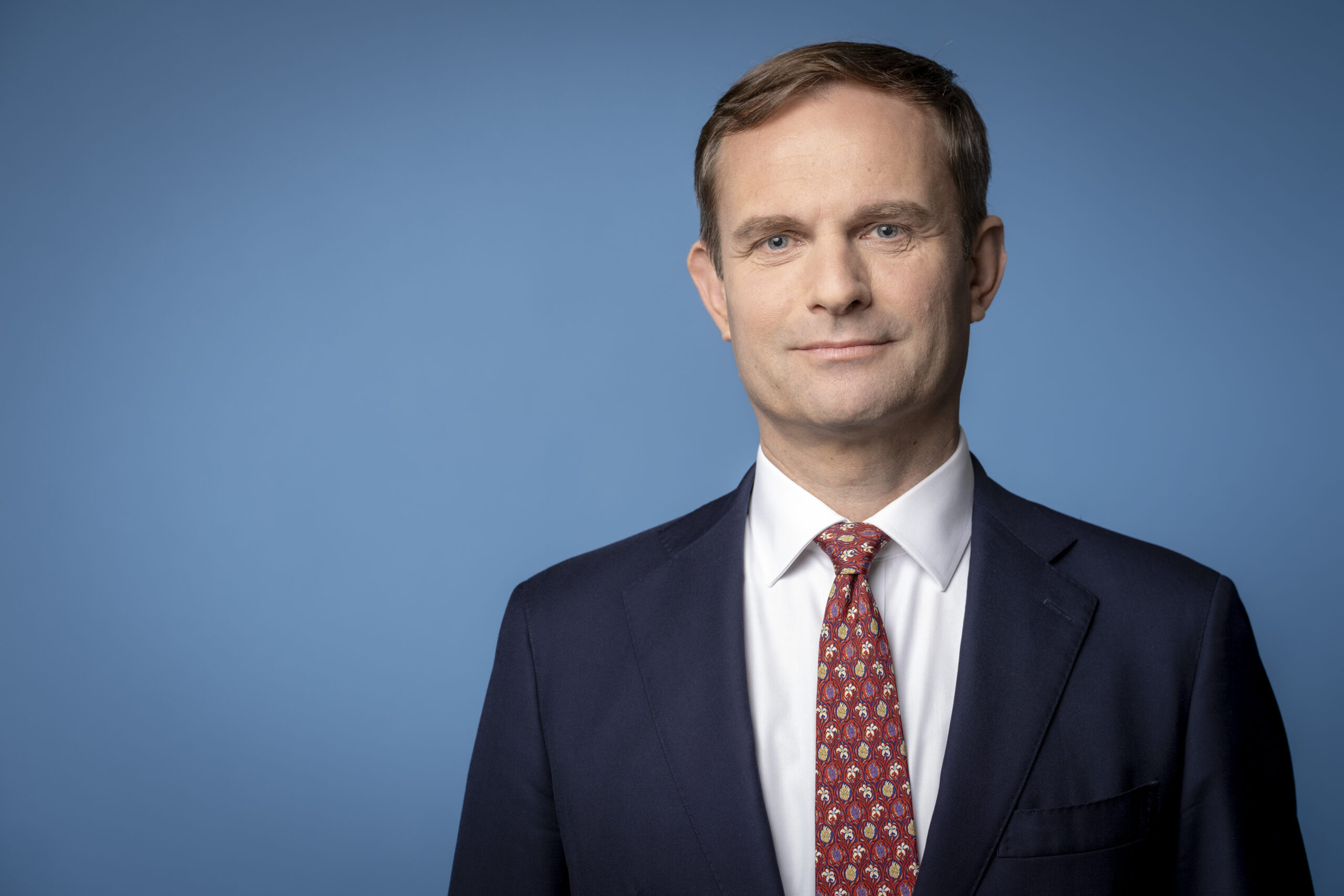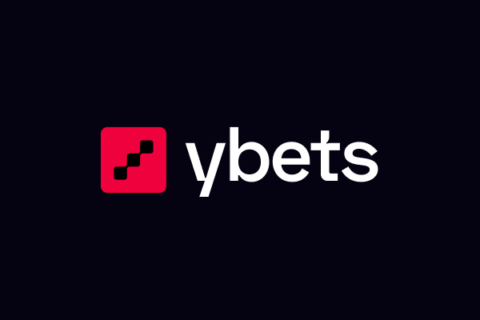New Dutch Gambling Ad Ban To Hurt Nation’s Sports Industry

The Dutch sports industry, particularly professional football, is bracing for financial challenges due to a nationwide ban on gambling sponsorships set to take full effect by July 2025. This decision follows growing concerns about gambling addiction and public pressure to limit the influence of online gambling companies on sports.
While intended to address social issues, the ban is expected to have significant economic consequences for football clubs across the Netherlands.
In recent years, gambling companies have become key sponsors for Dutch football. After the legalization of online gambling in 2021, nearly all of the 34 professional football clubs, except for Roda JC, formed partnerships with betting firms. These deals often provided clubs with sponsorship revenues far exceeding traditional sponsorships.
For instance, PEC Zwolle secured a record-breaking deal worth €1.5 million annually from Circus.nl. These partnerships were particularly critical for smaller clubs, helping to offset financial challenges during the pandemic.
However, public concern over gambling-related harm led to a shift in policy. Initial restrictions on advertising began in 2023, prohibiting new sponsorship agreements with gambling companies. By 2025, all gambling-related sponsorships and advertisements will be banned, except for those involving land-based casinos and lotteries, which are viewed as less harmful.
The financial impact on Dutch football is expected to be substantial. Eredivisie CV, the organization representing Dutch professional football leagues, estimates a direct loss of €40 million (US$41.3 million) in sponsorship revenue and an additional €30 million (US$31 million) in indirect losses.
Smaller clubs, which rely heavily on sponsorships rather than broadcast or ticket revenues, are expected to feel the brunt of this financial hit. Critics argue this will widen the financial gap between top clubs like Ajax, PSV, and Feyenoord and smaller teams, potentially undermining the league’s competitiveness.
Efforts to find a middle ground between regulation and financial sustainability were proposed but ultimately failed to gain government support. Dutch football organizations had suggested measures like restricting advertising visibility and educating players and fans about gambling risks. However, the swift introduction of the ban left little room for negotiation or adjustment.
Experts also question the effectiveness of the ban in addressing gambling-related harm. They note that gambling companies may still reach Dutch audiences through international channels, such as sponsorships in foreign leagues. This loophole could limit the intended impact of the restrictions while still depriving Dutch clubs of much-needed revenue.
The policy has sparked broader discussions about the regulation of gambling advertising in Europe. Some advocate for coordinated measures at the European level to ensure consistency and effectiveness. Others, including Dutch lawmakers, prefer national-level decisions to maintain local control over gambling policies.
With the ban set to take effect, Dutch football clubs are searching for alternative revenue streams to fill the gap. However, replacing the lucrative sponsorships provided by gambling companies is likely to remain a significant challenge for many years.
- Other news categories:
- SlotsUp's news





